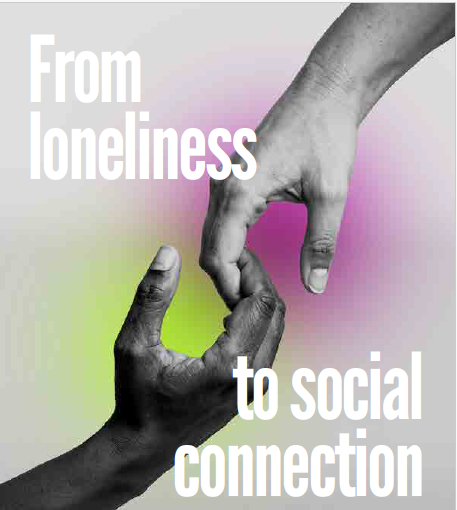Published in the Irish Times Saturday, January 21st 2012
de and more mean that many people never get to the finish line in their jobs. (Widespread early retirement also offers a figleaf for those who won’t admit their age).
But whether you’re in your 50s or 60s, the challenges of retiring are pretty much the same, even if you’ve had to handle sudden job loss before: this week you’re in an office with its regular rhythms, routines, friendships, petty enmities and, of course, a salary and an identity. Knowing that a few weeks from now it will all be over feels, frankly, surreal.
It doesn’t matter how many times friends who’ve already left tell you, don’t worry, the climate over here is fine: you still fret.
About having time, but less money; having freedom, but no real purpose. Having a job, like having children, does answer the question “why get up in the morning?”You get conflicting advice – make sure to have some projects on the go; don’t tie yourself down.
It’s a bit like leaving school or college again, a time fraught with uncertainty about – what next?
Even those of us lucky to be in jobs that offer the possibility of work after retirement have to figure out how to balance that with the joy of calling our time our own. Even those lucky enough to have a serious hobby, or sport or volunteer activity will be asking themselves how much more time they want to give to it. Even those lucky enough to have grandchildren will have to work out just how much time they’re happy to spend minding them.
So yes, retirement’s a challenge. Younger colleagues may look enviously at you. “Aren’t you excited?” asks one. “I’d be sitting with my feet up, a gin and tonic in one hand, a Kuoni brochure in the other.”
You don’t want to jolt their fantasy by explaining that you’ve been trying to find out what lump sum you’ll get, where to put it, and how much of a State pension you’ll be paid on top of whatever private pension you have. A session at a recent retirement planning course revealed the bewildering world of social welfare categories A to S, and what they entitle you to. It’s worth finding out about, and if you’re under 65 investigating, because people who’ve had interrupted employment, like so many women, may be able to buy benefits for missing years to give them a full State pension, currently a decent €230 a week. (Although taxable, remember).And it’s worth remembering too that not everyone has this dilemma: self-employed people, people who work freelance or on contract, business people, writers, actors, artists, dentists, lawyers, journalists, plumbers – many want to go on working forever, many have no choice.
Most of us on that retirement planning course were very conscious of the good fortune of being part of the boomer generation who may be among the last to have a reasonable pension (usually better if you’re public sector but we didn’t fall out over that). And those of us who’ve made it to our 60s in reasonably good health are grateful just for that, conscious as we are of family, friends and colleagues who haven’t.
Of course we’re worried about money: threats of inflation to come mean something to those of us who remember inflation rates of up to 20 per cent in the 1970s.
Many of us still have expensive twentysomethings needing financial support, now that 30 is what 20 used to be and 65 is what 45 was, but without a salary.
Some sixty somethings who helped children get on to the property ladder are now, in a cruel twist of fate, debating whether to use some of their lump sum to help them out of negative equity.
If your employer offers you a retirement planning course, don’t ignore it – the one I went to was excellent at pinpointing both the practical and emotional/psychological issues that come with the territory. By the end of two days our group was turning pious aspirations into specific plans.
So next month it’s the Wicklow hills; by June Croagh Patrick. Next year? Okay, maybe the Camino. Pilgrims, beware.




